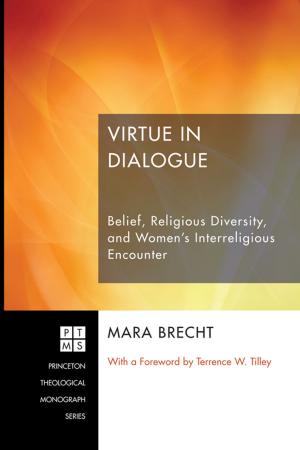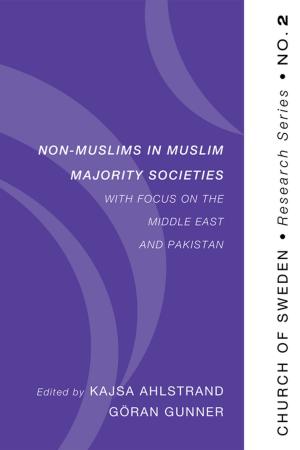Shifting Allegiances: Networks of Kinship and of Faith
The Women’s Program in a Syrian Mosque
Nonfiction, Religion & Spirituality| Author: | Moyra Dale | ISBN: | 9781498237192 |
| Publisher: | Wipf and Stock Publishers | Publication: | July 13, 2016 |
| Imprint: | Wipf and Stock | Language: | English |
| Author: | Moyra Dale |
| ISBN: | 9781498237192 |
| Publisher: | Wipf and Stock Publishers |
| Publication: | July 13, 2016 |
| Imprint: | Wipf and Stock |
| Language: | English |
What happens when Muslim women gather together at the mosque to read the Qur'an, learn, and pray? How does family loyalty interact with mosque attendance for women? This book explores the growing Muslim women's piety movement through looking at one women's program in a Syrian suburban mosque. Community models shape individual behavior. The place and power of blessing help define the boundaries between orthodox and popular Islam. Modesty and shame, feasts and fasting, purity and prayer, interact to shape daily life possibilities for women involved in the mosque program. At the same time, the growing accessibility of religious teaching for women allows them to take up new places of authority in the Muslim ummah. Women read the Qur'an not just for blessing, but for what it has to say to issues of daily female and family life. And the words of communal dhikr devotion offer a window into the worshippers' consciousness of God and of Muhammad, Prophet of Islam.
What happens when Muslim women gather together at the mosque to read the Qur'an, learn, and pray? How does family loyalty interact with mosque attendance for women? This book explores the growing Muslim women's piety movement through looking at one women's program in a Syrian suburban mosque. Community models shape individual behavior. The place and power of blessing help define the boundaries between orthodox and popular Islam. Modesty and shame, feasts and fasting, purity and prayer, interact to shape daily life possibilities for women involved in the mosque program. At the same time, the growing accessibility of religious teaching for women allows them to take up new places of authority in the Muslim ummah. Women read the Qur'an not just for blessing, but for what it has to say to issues of daily female and family life. And the words of communal dhikr devotion offer a window into the worshippers' consciousness of God and of Muhammad, Prophet of Islam.















